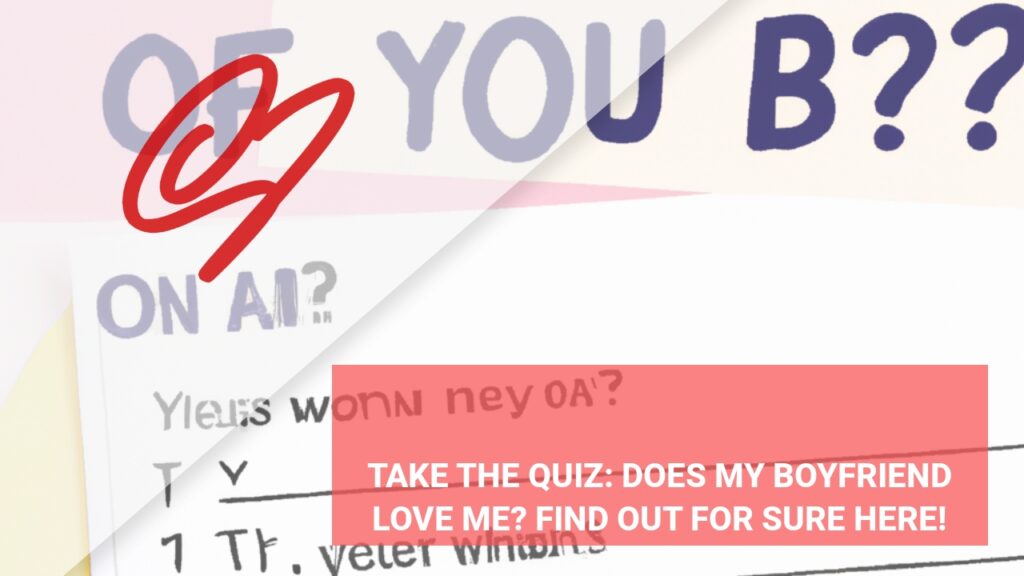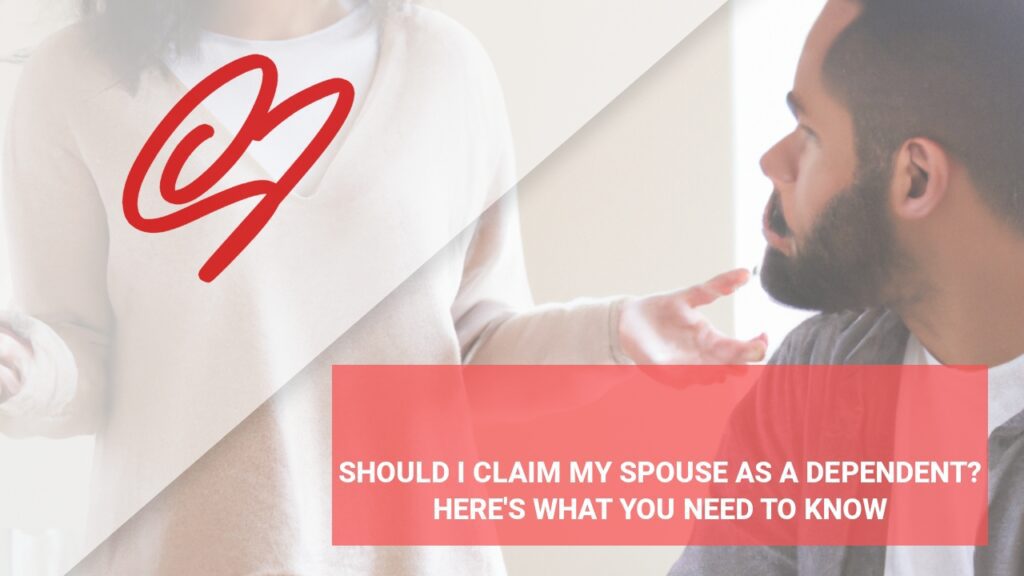My Boyfriend Said I Gaslight Him
Unpacking ‘Gaslighting’
Gaslighting is a form of mental abuse which aims to make the target question their own memory and sanity. It is extremely damaging, and can have long-lasting effects on the victim’s mental health. The term originates from the 1938 play Gas Light, in which a husband is trying to make his wife think she is going insane by dimming the lights and making her doubt her own perceptions.
In relationships, gaslighting is a tactic used by an abuser to manipulate the victim into questioning their own reality. This often involves the abuser denying things they said or did in order to make the victim feel like they are overreacting or their memory is wrong. It is a form of emotional manipulation and control, and it is extremely damaging for the victim.
How to Recognize Gaslighting
Gaslighting is difficult to recognize, because it is done in such a subtle way. Signs that you may be a victim of gaslighting include: feeling like you are constantly “walking on eggshells” around your partner; feeling like you can never win an argument; feeling like you are constantly wrong; not being able to trust your own memory or feelings; feeling like your partner is always in control; and feeling like you don’t know who you are anymore.
If you recognize any of these signs, it is important to take action and seek help. It is never okay to be treated this way and it is important to remember that you are not alone.
I Said What?!
When your partner says that you are gaslighting them, it can be an incredibly difficult situation to navigate. It is important to understand what gaslighting is and how it can affect someone, so that you can work out how to respond in the best way possible.
It is essential to listen to your partner and try to understand their perspective. It is also important to be honest and open about how you feel and what you think. Your partner may be feeling hurt and it is important to take that seriously.
The Relationship Impact of Gaslighting
Gaslighting can have a profound impact on a relationship. It can create a lot of tension and mistrust between the two people involved and can lead to feelings of insecurity and anxiety.
Additionally, it can lead to the victim feeling like they can’t trust their own instincts or feelings, which can have long-term effects on their mental and emotional wellbeing.
What Is My Role in This?
If your partner has accused you of gaslighting them, it is important to take a moment to reflect on your own behaviour. It can be difficult to admit that you may have said or done something that was hurtful, but it is essential to take responsibility for your actions.
It is important to be honest with yourself and your partner and to take the time to understand the impact of your behaviour. You may need to apologise and make changes to the way you communicate in order to make sure the relationship is healthy.
Am I Gaslighting Without Knowing?
It is possible to be guilty of gaslighting without knowing it. Gaslighting often happens in subtle ways, such as making dismissive comments or laughing off the other person’s feelings.
It is important to be aware of your own behaviour and to take the time to understand the impact of your words and actions. It is also important to respect the other person’s feelings and to take responsibility for your behaviour.
How to Move Forward
If you have been accused of gaslighting your partner, it is important to take responsibility for your behaviour and to make changes to the way you communicate. It is also essential to listen to your partner and take their feelings seriously.
It is also important to take the time to understand what gaslighting is, so that you can avoid doing it in the future. Additionally, it is important to be open and honest about how you feel and to show your partner that you are taking their feelings seriously.
Re-Building Trust
Gaslighting can have a significant impact on a relationship and it is important to work on re-building trust. This can take time, and it is important to be patient and understanding.
It is also important to be honest and open about how you feel and to take responsibility for your behaviour. Additionally, it is essential to show your partner that you are willing to make changes and to take their feelings seriously.
In order to re-build trust, it is also important to focus on communication and to make sure that you are both on the same page. This is essential for any relationship and can help to create a foundation for trust.
Conclusion
Gaslighting can be a difficult situation to navigate, but it is possible to move forward and re-build trust. It is important to take responsibility for your behaviour, to listen to your partner, and to make changes to the way you communicate. Additionally, it is important to take the time to understand what gaslighting is, so that you can avoid doing it in the future.
FAQs
Q: How can I tell if I’m being gaslighted?
A: Signs that you may be a victim of gaslighting include: feeling like you are constantly “walking on eggshells” around your partner; feeling like you can never win an argument; feeling like you are constantly wrong; not being able to trust your own memory or feelings; feeling like your partner is always in control; and feeling like you don’t know who you are anymore.
Q: How can I rebuild trust after gaslighting?
A: It is important to take responsibility for your behaviour, to listen to your partner, and to make changes to the way you communicate. Additionally, it is important to be honest and open about how you feel and to show your partner that you are taking their feelings seriously. It is also important to focus on communication and to make sure that you are both on the same page.
Q: What can I do to stop gaslighting in the future?
A: It is important to take the time to understand what gaslighting is, so that you can avoid doing it in the future. Additionally, it is important to be aware of your own behaviour and to take the time to understand the impact of your words and actions. It is also important to respect the other person’s feelings and to take responsibility for your behaviour.

